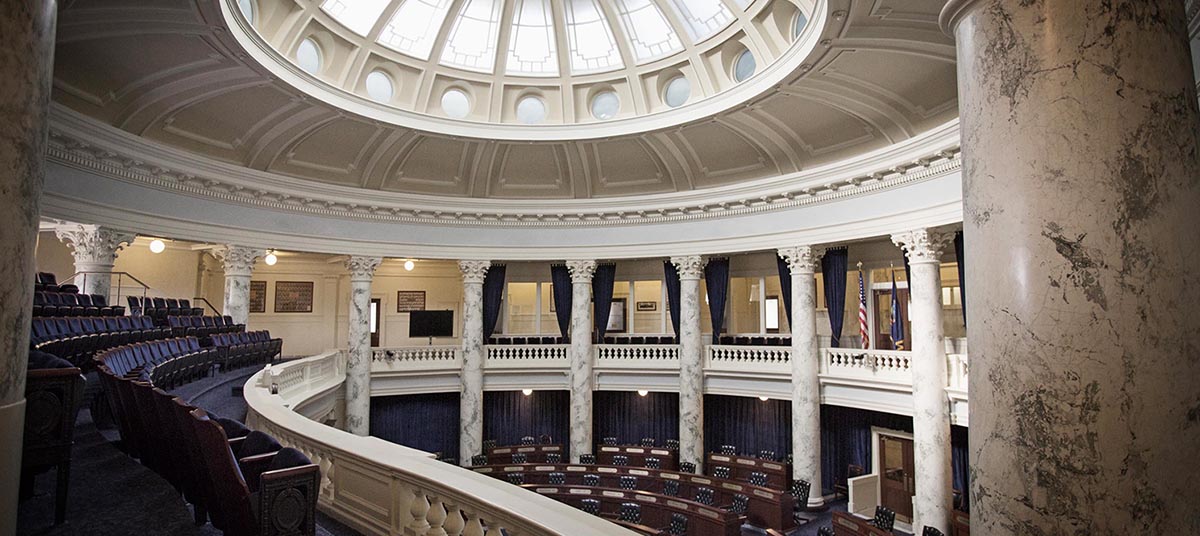Key Tax Developments Seniors Must Understand in 2025

In a significant legislative shift, the Omnibus Budget Reconciliation Bill for 2025 and Beyond, colloquially known as the One Big Beautiful Bill Act (OBBBA), has introduced transformative tax provisions aimed primarily at benefiting seniors. This legislation is crafted to enhance their financial and tax management capabilities. Central to these modifications is a novel deduction available to filers aged 65 or older, introducing a $6,000 deduction per eligible individual with income limitations and particular conditions for joint filing. As seniors adapt to these changes, a thorough understanding of the broader tax environment, including amendments to standard, charitable, and vehicle interest deductions, becomes pivotal. This article delves deep into these provisions, providing insights for seniors looking to optimize tax strategies and ensure compliance while maximizing benefits.
New Senior Deduction: The OBBBA has unveiled a senior-targeted deduction aimed at offering tax relief for elderly taxpayers. This deduction supersedes the proposed exemption of Social Security income from taxation because the latter couldn't pass due to budget reconciliation constraints.
This deduction benefits individuals aged 65 or older. For couples where both spouses qualify, a $12,000 deduction is available when filing jointly, while single filers are eligible for $6,000. However, the deduction phases out for those with a Modified Adjusted Gross Income (MAGI) over $75,000, or $150,000 for joint filers. The deduction reduces by 6% of the MAGI exceeding these limits. For instance, a single filer aged 65 with a MAGI of $80,000 would see their $6,000 deduction decrease to $5,700. The deduction is completely phased out for single filers with income over $175,000 and joint filers over $250,000.

As an above-the-line deduction, this can be claimed irrespective of whether taxpayers itemize deductions or opt for the standard ones. Applicable for tax years 2025 through 2028, this deduction alleviates the tax burden on seniors still navigating taxable Social Security benefits, emerging as a legislative compromise to maintain fiscal equilibrium.
Gambling Loss Limitation: Amending wagering losses, the new law permits taxpayers to only deduct up to 90% of their gambling losses for the taxable year, constrained to the gains from wagering transactions of the same year. This amendment starts from 2026.
This change notably impacts senior recreational gamblers, as gambling income can aggravate overall tax liabilities. Although gambling losses can lower reportable income, they do not offset gambling income for calculating taxable Social Security benefits and Medicare Part B premiums, potentially increasing the AGI, which might cause more of a senior’s Social Security income to be taxable, all while raising Medicare premiums.

This setup acts as a hidden tax on senior recreational gamblers, as the technicalities of these regulations ensure that even net losses from gambling activities could escalate taxes and Medicare costs, undercutting the financial respite typically associated with deducting losses.
Boosted Standard Deductions: The OBBBA makes permanent the enhanced standard deductions for seniors and other taxpayers. New standard deductions include increments of $750 for single filers, $1,125 for heads of household, and $1,500 for married joint filers. Thus, in 2025, they are set at $31,500 for married joint filers, $23,625 for heads of household, and $15,750 for singles and married individuals filing separately. For those aged 65 and older, additional increases of $2,000 for single and head of household filers and $1,600 per eligible spouse for married filers apply, augmenting the new senior deduction.
These deductions are adjusted for inflation, ensuring continued benefits in subsequent tax years. By raising the standard deduction, the OBBBA aims to reduce taxpayers' financial strain, significantly aiding seniors on fixed incomes.

Tax Rate Stability: The continuation and adjustment of tax rates under the OBBBA offer seniors relief by shielding them from bracket creep due to inflation. By maintaining the current tax rates and indexing them to inflation, the Act ensures seniors, particularly those with fixed incomes, aren't burdened by increased taxes as inflation rises, thus supporting financial stability in retirement.
Car Loan Interest Deduction: Seniors gain from a new deduction on car loan interest under the "One Big Beautiful Bill Act" covering 2025-2028. It allows deductions for interest on vehicle-secured loans used to buy qualifying vehicles for personal use, with a $10,000 annual cap. Eligible vehicles include cars, minivans, SUVs, and motorcycles, must be under 14,000 pounds, and made in the USA. Recreational vehicles and campers do not qualify. This deduction is claimable regardless of whether taxpayers itemize.
Charitable Deductions Enhancement: With the OBBBA, a new charitable deduction is available for non-itemizing taxpayers. Individuals can deduct up to $1,000 in charitable contributions, while married couples can deduct up to $2,000, encouraging donations and offering a way to reduce taxable income through cash, check, or credit card contributions.
Environmental Credits Alert: Seniors considering investments in renewable energy improvements and electric vehicles should be aware of the accelerated phase-out of environment-related tax credits in the OBBBA. The credit for electric vehicles ends for purchases post-September 30, 2025, and credits for home solar electric systems and energy-efficient upgrades cease for property placed in service post-December 31, 2025. It's crucial to align purchases with these legislative timelines.
Other Key Tax Considerations for Seniors
Qualified Charitable Distributions (QCDs): Taxpayers aged 70½ and older can make charitable donations directly from traditional IRAs to eligible charities, counting towards the RMD, but not included in taxable income. Annual limits for QCDs reach $108,000 in 2025, providing a tax-efficient way to support charities without itemizing.
Home Medical Modifications: Seniors modifying their homes for medical reasons may qualify for medical expense deductions when itemizing. Eligible modifications, like ramps and grab bars, must exceed 7.5% of AGI and be medically necessary. Proper documentation, including healthcare provider recommendations, is essential to claiming these deductions, offering financial relief by reducing tax obligations.
Home Care Deductions: The medical deduction for home care includes expenses related to nursing and caregiver services, if geared towards medical care. Wages paid for administering medication or meeting care needs may be deductible. Employing caregivers may entail reporting responsibilities as household employers, making payroll services advisable to handle tax withholdings, filings, and compliance with labor regulations.
Staying Safe from Scams: As seniors navigate these tax changes, it's equally vital to stay vigilant against scams. Be cautious of unsolicited emails, especially those with links from unknown senders, and be prepared to cut off threatening phone calls demanding immediate payment or personal info. Consulting a trusted relative or reaching out to a professional ensures financial safety.
If you have questions about these tax issues or wish to explore how to take advantage of them, please contact this office for an appointment.
Sign up for our newsletter.
Each month, we will send you a roundup of our latest blog content covering the tax and accounting tips & insights you need to know.
We care about the protection of your data.